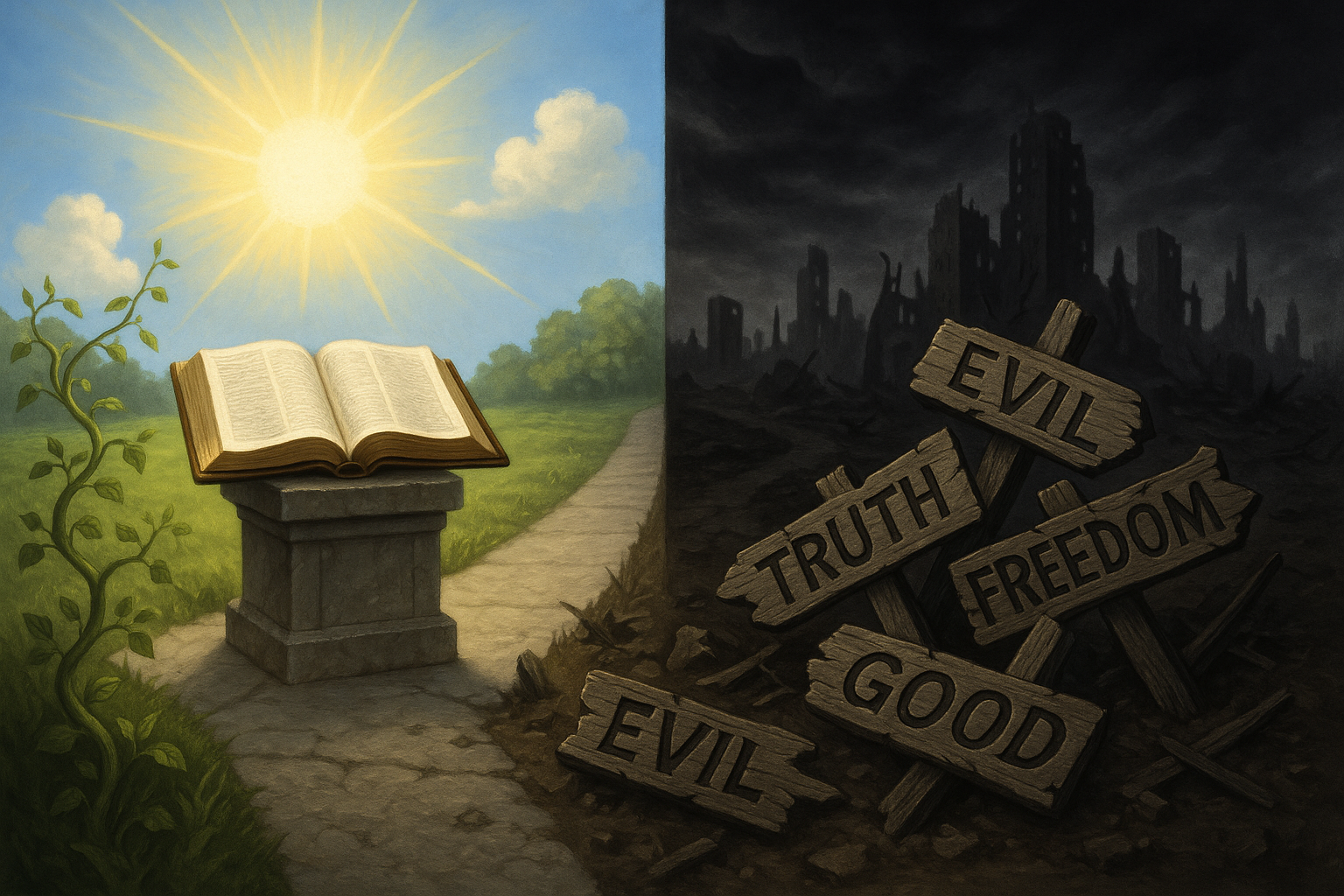Opening Verse
“Let not sin therefore reign in your mortal body, that ye should obey it in the lusts thereof.” (Romans 6:12 KJV)
Introduction
Many people do not plan to live in sin. They tell themselves it is under control. They visit it, enjoy it briefly, then lock it away again. They believe they are the master. Scripture warns us that sin never stays tame.
Devotional Story
A man kept a small animal in a sturdy cage behind his house. He told himself it was harmless as long as the door stayed shut. On certain evenings, he would unlock the cage, sit close, and let it crawl around his feet. He enjoyed the feeling of control. When it scratched or hissed, he laughed and pushed it back inside, closing the door once more.
Over time, the animal grew stronger. Its claws sharpened. The man began to notice marks on his hands, but he ignored them. One night, he opened the cage as usual. This time, the animal lunged. It did not want to return. The door slammed shut too late. What he thought he owned now ruled the space.
Sin works the same way. It never remains content with short visits. It grows in darkness. It waits for the door.
What This Means
God never tells us to manage sin. He tells us to flee from it and to kill it. Sin promises pleasure but demands control.
The Word of God says,
“Then when lust hath conceived, it bringeth forth sin: and sin, when it is finished, bringeth forth death.” (James 1:15 KJV)
Jesus does not offer a stronger cage. He offers freedom. A locked habit still owns the heart. Only Christ breaks chains.
“If the Son therefore shall make you free, ye shall be free indeed.” (John 8:36 KJV)
Think About This
What sin do you keep returning to because you believe you can put it back later? Have you mistaken restraint for repentance?
God says,
“Let not sin therefore reign in your mortal body, that ye should obey it in the lusts thereof.” (Romans 6:12 KJV)
Reigning means ruling. If sin has a schedule, it already has authority.
Prayer
Lord Jesus, I confess that I have treated sin lightly. I have opened doors You told me to shut. I do not want control; I want cleansing. Break every chain I have allowed to remain. Teach me to hate what You hate and to cling to You alone. I trust Your power to free me completely. Amen.
Closing Verse
“If thou doest well, shalt thou not be accepted? and if thou doest not well, sin lieth at the door. And unto thee shall be his desire, and thou shalt rule over him.” (Genesis 4:7 KJV)









